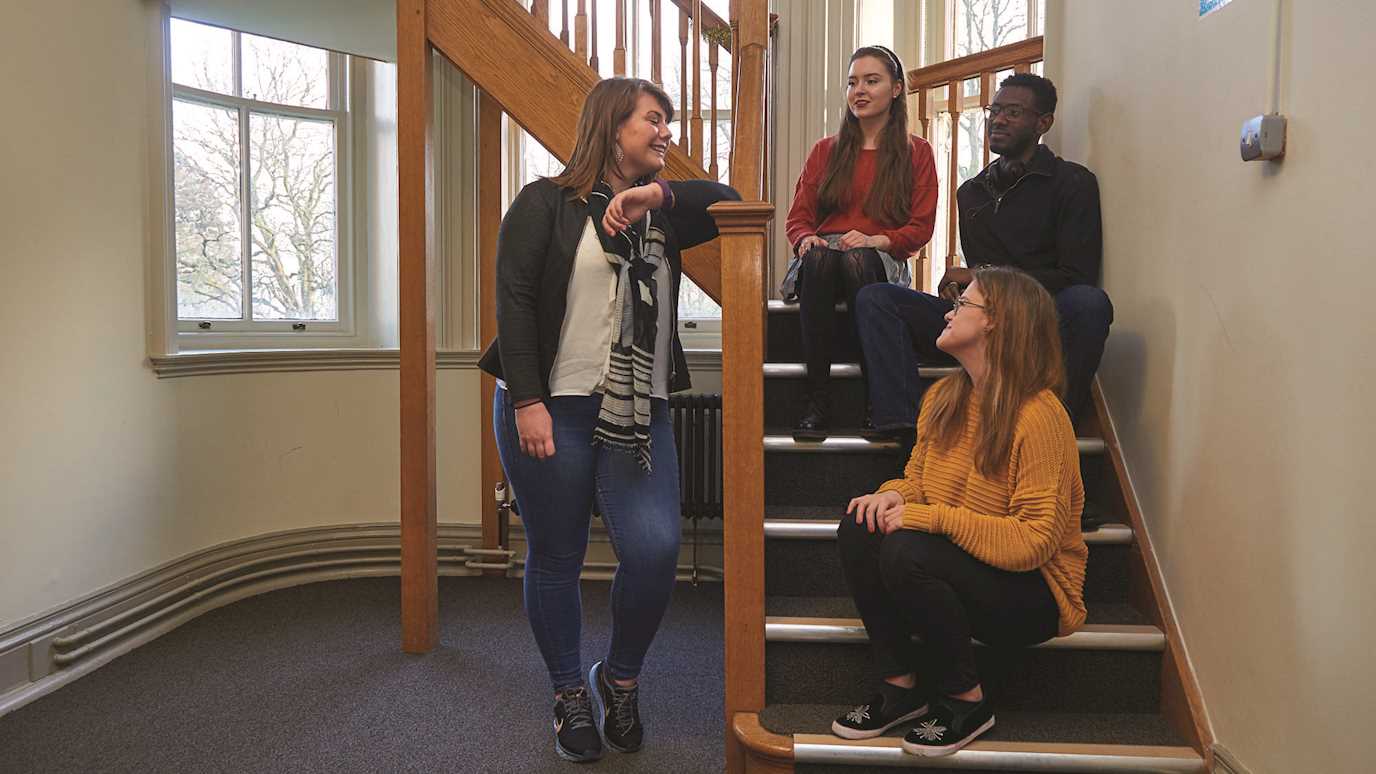Prospective applicants for any of our research degrees should first make contact with members of our academic staff whose research interests are appropriate to their proposed areas of study.
MPhil/PhD Research
We are committed to a new vision for philosophy beyond the old institutionalised divide between analytic and ‘European/continental’ approaches. This means that we welcome people who wish to research in both traditions, as well as those who wish to do research which seeks to bridge the divide between them. We also have research strengths in the history of philosophy.
We are also very keen to encourage interdisciplinary research, in which philosophy is used to illuminate other subjects, and vice versa. We are particularly interested in this respect in research relating philosophy to the arts, and to politics and history.
We offer a broad range of expertise in many areas of philosophy and are always happy to discuss possible areas of research. At a time when analytical philosophers have realised how important Hegel, Heidegger, and others can be to their concerns, and European philosophers are seeking to connect their work to what is happening in the analytical tradition, we offer an exciting opening to the future of philosophy that seeks to be inclusive, rather than exclusive.
MA by Research
The MA by Research in Philosophy offers students the opportunity to conduct independent research with the support of a supervisor, culminating in a 40,000 word dissertation.
How to Apply
In order to apply to undertake a postgraduate research degree you should:
1. Make an informal enquiry before you apply
In the first instance, you should check the research interests of members of academic staff in the department to see who is active in the area that you are interested in. It is helpful at this stage if you can provide any member of staff you contact with an outline research proposal and a CV, setting out your qualifications and experience. You should expect to have a series of discussions with the member of staff (by email, by telephone/videocall, or in person) about the project, about options for funding, and about your career aspirations. These discussions will help the member of staff decide whether or not they would be an appropriate supervisor for your proposed project.
2. Submit an application
When a member of staff has agreed in principle to supervise your project, you should then submit an application form using the online application system. One of the most important aspects of your application is the research proposal.
The purpose of the research proposal is twofold: first, to help determine whether your topic corresponds with the interests and expertise of its proposed supervisor(s) and, second, to make clear how the research will make an original contribution to knowledge.
The proposal is important as it will allow the department to assess your aptitude for doctoral-level research, to allocate supervision appropriately, and to ensure we are fully able to support the study you propose. The proposal should be approximately 2,000 words in length (excluding any bibliography).
Any general questions can be directed to Professor Nathan Widder.






















